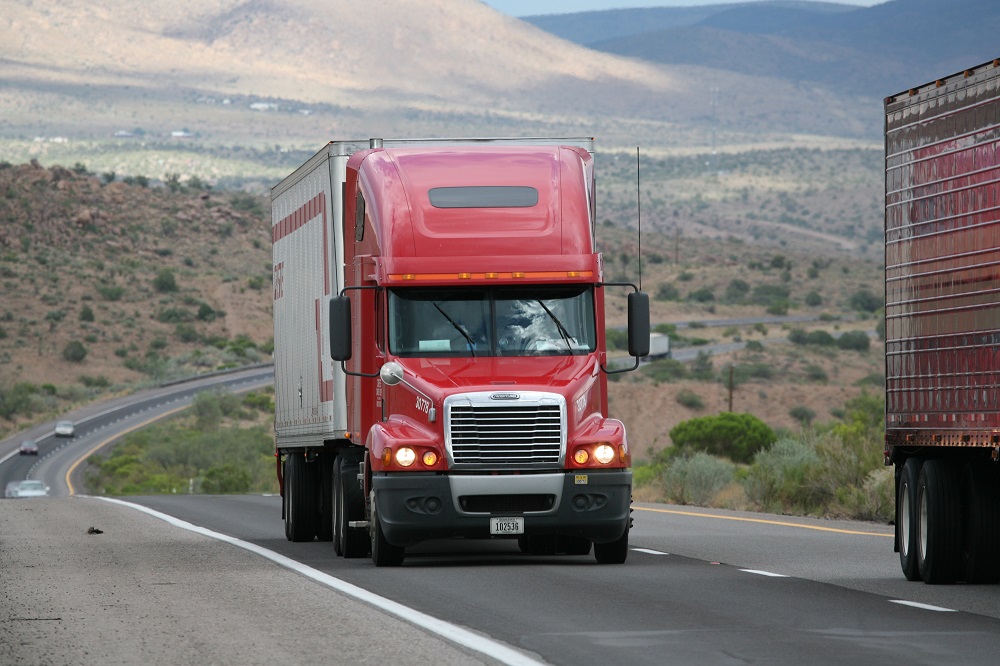Freight transportation is a highly demanded industry in the world. In this increasingly competitive marketplace, customers always look for the best experience at the right price. While there are several types of freight transportation available, we will focus on refrigerated transportation, also known as referring freight. Refrigerated transportation is a shipping method involving temperature-controlled vehicles.
What is a Refrigerated Truck?
Refrigerated trucks or reefer trailers have a built-in refrigerated system to transport perishable and temperature-sensitive goods. Most trailers include a 53-foot-long attachment to semi-trucks. Each unit contains a cooling system with a compressor, condenser, and evaporator to keep the cargo at the proper temperature. Some modern trailers also comprise air delivery chutes to circulate the airflow and elongate the life of the goods.
Three Types of Refrigerator trucks
Refrigerate trailers
These trailers come with a refrigerator and a freezer and can maintain a temperature between -20 to 70 degrees Fahrenheit.
Cryogenic reefers
With temperatures ranging from 32 degrees to -230 degrees Fahrenheit, cryogenic reefers are usually used to transport medical and technical equipment that demands extremely cold temperatures.
Heated trucks
These are used to carry products that require warm temperatures.
Interesting facts about Refrigerated freight shipping
They are in high demand
Food and medicines sales always remain high, and this was evident during the covid-19 pandemic. When there is a demand for perishable products, the demand for refrigerated trucks also increases. For instance, Refrigerated freight in Chicago during summer is always high as it gets warm and humid. With an increase in demand, the price continues to rise in peak seasons.
The shipping season in the US begins in April and runs throughout the end of July. During that
They are more expensive
Reefers are more expensive than other alternatives, such as dry vans and flatbed loads. This is because it takes additional fuel to run the cooling system. The cooling system also adds more weight to the van, which affects the rate.
The maintenance and fixed costs are also higher in reefers than in dry vans. The lifecycle of the cooling system ends within 3-5 years, so companies have to replace them, which also affects the price.
You need to focus more on accuracy and efficiency
In weather with temperatures around 100F, short exposure to heat can ruin the product. You must always ensure the exact temperature is maintained during the whole transportation process. It’s better to pre-cool the reefer before loading the shipment to ensure maximum safety. Loading and unloading efficiently is a must in reefers.
While unloading, ensure it is done faster and efficiently so that the goods go directly from the temperature-controlled trucks to a temperature-control warehouse. Make sure to work with a freight company with extensive experience in this specialization.
Conclusion
Anything can go wrong during the shipment. Maybe someone accidentally opens the door and forgets to close it, or the temperature goes up accidentally. To eliminate these issues, you need to hire a trucking company providing advanced tracking features. Most refrigerated trailers come with real-time tracking that signals when the door is open and even allows you to adjust the temperature remotely.




